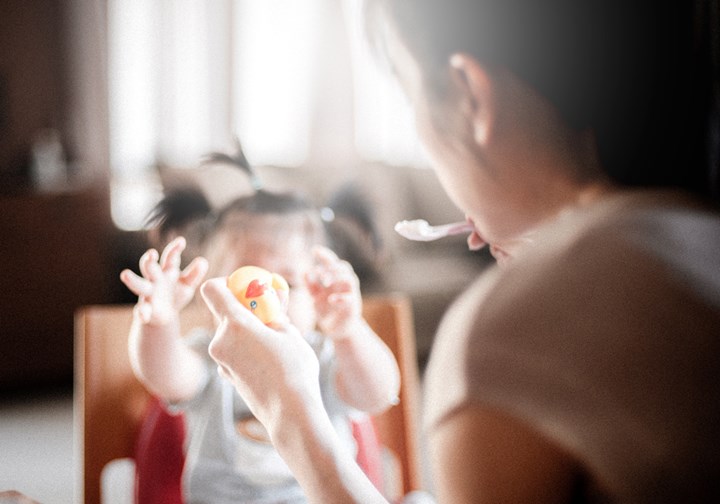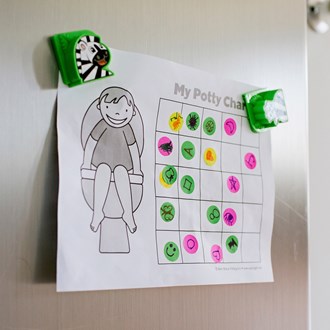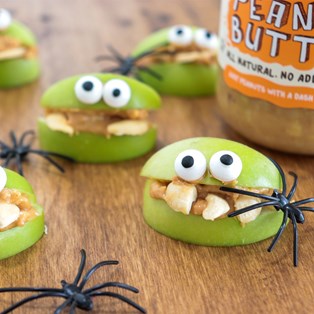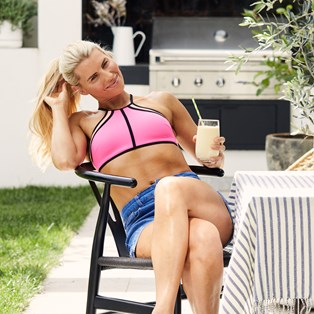Children and selective diets

Paleo, gluten free, vegan... are selective diets good for kids? Get the expert word.
By Kate Di Prima
accredited practising dietician / April 05 2023
It seems everywhere you look there's a new food craze or trendy diet to take for a spin, but while many of these eating options are simply short-term fads, there are definitely some evidence-based diets that may improve people's overall health. Many adults meticulously follow them and swear by the benefits, from weight loss to improved symptoms of nagging health problems. But what about when you throw kids into the mix? Choosing to place your child on a selective or restrictive diet may not be appropriate, and when it does happen, it needs to be carefully planned out and monitored to ensure adequate nutritional intake for proper growth and development. Here's what you need to know about some common diets of today.
Going gluten free
Gluten is a protein that's found in wheat, rye, barley and oats. It's what provides the elastic texture of dough and makes baked foods airy and light. It's also used as a stabilising agent in all kinds of processed foods.
The pros - People who are diagnosed with coeliac disease (an auto-immune condition that involves small-bowel damage) require a gluten-free diet to manage their condition. For these adults and children, even a minimal intake of gluten can cause chronic systemic inflammation and poor absorption of nutrients, resulting in possible anaemia, malnutrition and osteoporosis. Strictly following a gluten-free diet may also discourage the intake of many processed foods such as muffins, pies and crumbed meats, however a general healthy diet need not include these foods either.
The cons - Many people believe that following a gluten-free diet is a healthier option, when in fact many gluten-free products contain extra sugars and additives to deliver that light, airy texture and improved taste. Always check the ingredient lists to see exactly what's in the foods you're providing your little one, or alternatively choose fresh, whole foods that don't require labelling. Another potential con of avoiding gluten in the absence of coeliac disease is that wheat, rye, barley and oats are valuable sources of fibre, which helps to keep little digestive systems regular, and B-group vitamins, which are essential for unlocking the energy from food and for proper cognitive function.
The verdict - Most healthy adults and children don't need to eliminate gluten-containing foods from their diets, and unnecessary restriction may see your little one missing out on valuable nutrients. Rather than avoiding gluten, you may be better off helping your child avoid over-processed foods in place of fibre-rich wholegrains, such as oats. If your tot has had a medical diagnosis and needs to eat gluten-free diet, choose healthy, naturally gluten-free alternatives such as quinoa, buckwheat, rice, corn and lentils.













